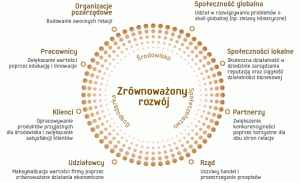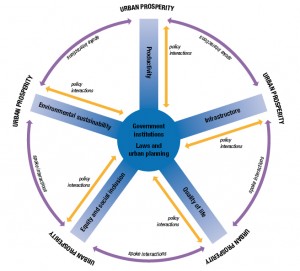According to the Wikipedia, noise means any unwanted sounds in a given place and time that seem to be aimless, bothersome and harmful. Reaction to noise is to a large extend determined with the mental approach.
Noise is an aural sensation caused by a sound wave which travels in an elastic body. In case of people it is the air. The wave heard by a human ear has the frequency of 16 to 20 thousand vibrations per second. Wave that cannot be heard by a human ear are not indifferent to our health. Nevertheless, sound is a sensation.
So can a sensation, which is strictly connected to our approach, be perceived as a pollutant? Also, sound is an impermanent physical effect. It fades out relatively quickly after its source stops. Apart from extreme examples, it vanishes into the blue with no effects on the natural environment whatsoever.
Sound is a form of an energy which moves the particles and is diffused in the environment. If this energy is emitted into the environment aimlessly and harmfully, by definition it is a pollutant.
Environmental pollution – the condition of the natural environment caused by the introduction into air, water or ground substances whose amount and/or composition negatively affects the human health, the nature, climate, soil and water and can trigger adverse changes.
Although noise does not cause visible physical changes in the environment, it has a negative effect on health. We have known about harmfulness of the noise for a very long time. In ancient China noise was used as a method of brutal torture.
Contemporary scientific research findings confirm the broad spectrum of negative effects on the human health. Noise causes irritation, through aggression it triggers depressive disorders and psychological disturbance. Persistent noise can impede mental development of children.
This material has been published thanks to the financial support of the National Fund for Environmental Protection and Water Management. The sole responsibility for its contents lies with Collegium Mazovia.







Leave a Reply
You must be logged in to post a comment.